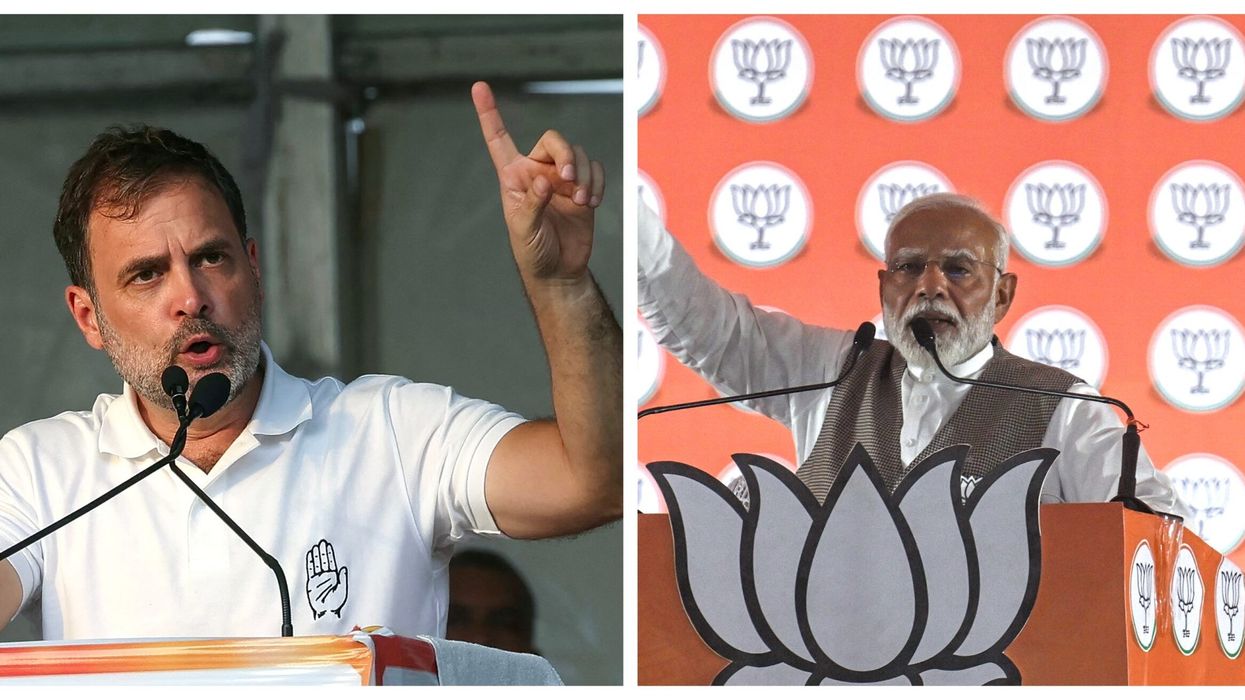More than two months of campaigning in India's general election, conducted in sweltering heat, ended on Thursday, two days before the final phase of polling. The final phase will include voting in prime minister Narendra Modi's constituency.
India began voting in seven phases starting April 19 in the world's largest election, which will conclude on June 1. Votes will be counted on June 4, with television channels conducting exit polls and projecting results after voting ends.
Modi, seeking a third straight term and widely expected to win, started his re-election campaign by highlighting his achievements over the past 10 years. He soon shifted to targeting the opposition, accusing them of favoring India's minority Muslims.
Analysts believe this change aimed to energize his Hindu nationalist base after a low turnout in the first phase raised concerns about voter participation for his Bharatiya Janata Party (BJP).
India's election rules prohibit campaigning about 36 hours before voting begins.
On Thursday, Modi addressed a rally in Punjab, while his main opponent, Congress party's Rahul Gandhi, spoke at rallies in Odisha and Punjab.
"It is clear from the overwhelming support of people ... that there is going to be an unprecedented victory" for BJP and the alliance it leads, Modi posted on X minutes before campaigning ended.
Modi plans to spend the next two days meditating at an island memorial for Hindu philosopher Swami Vivekananda at India's southernmost tip, where the Arabian Sea, Bay of Bengal, and Indian Ocean converge.
Opposition parties criticized this decision, claiming it was a form of campaigning since his meditation would be shown on TV, violating election rules. Congress filed a complaint with the Election Commission.
"This is a blatant violation of the code of conduct. We don't mind if he goes to meditate anywhere after June 1," Congress spokesperson Jairam Ramesh said.
Modi meditated in a Himalayan cave two days before the final voting phase in 2019, an election the BJP won decisively.
While opinion polls indicate Modi's popularity remains strong, opponents have criticized his divisive politics and handling of issues such as unemployment, inflation, and rural distress.
"No PM, in the past, has uttered hateful, unparliamentary, and coarse terms ... meant to target either a specific section of society or opposition," former prime minister Manmohan Singh said in a letter to voters in Punjab on Thursday.
(Reuters)





